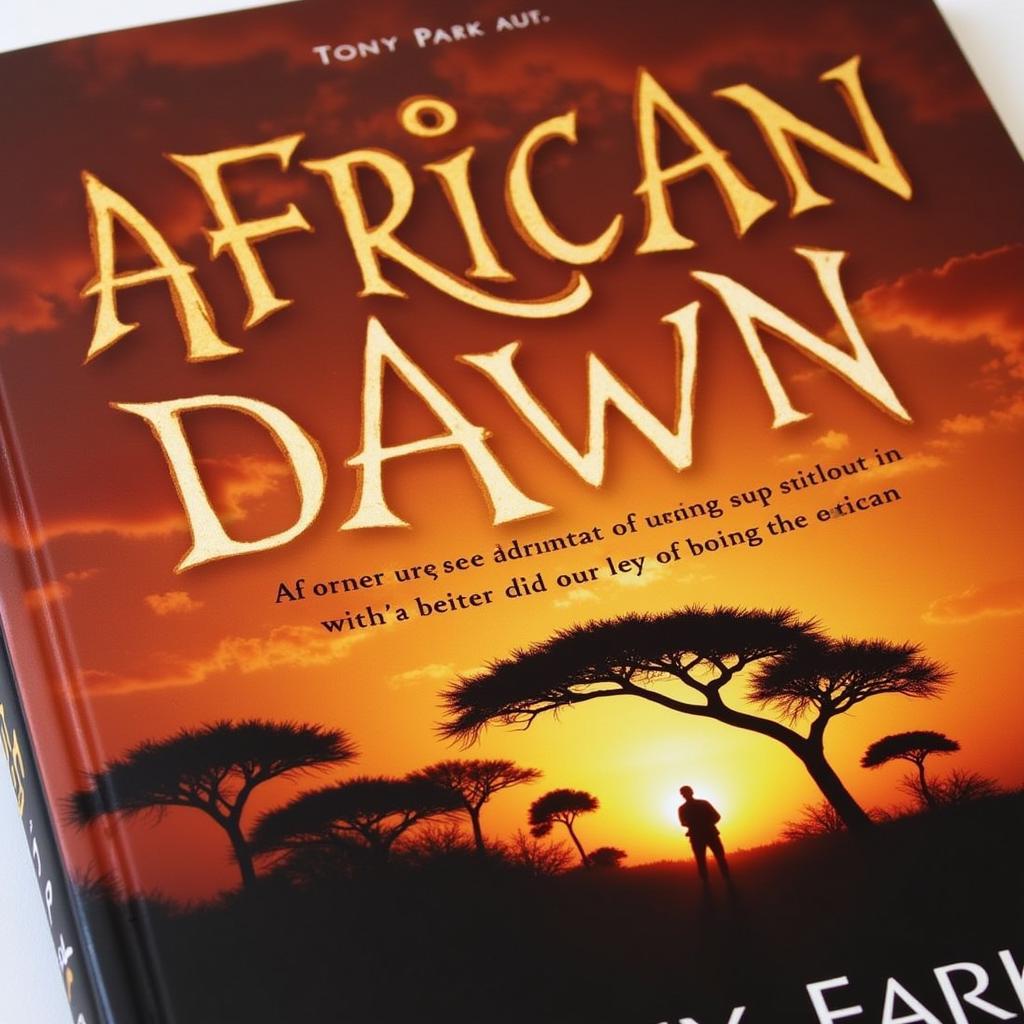African American Hair Tips: A Guide to Healthy and Vibrant Hair
African American hair, with its unique texture and curl patterns, requires specific care and attention. Understanding your hair type and using the right products and techniques can help you achieve healthy, vibrant, and flourishing hair. This guide provides comprehensive African American Hair Tips to help you embrace your natural beauty and achieve your desired hair goals.
Understanding Your Hair Type
Knowing your hair type is the first step towards effective hair care. African American hair is typically categorized as type 4, ranging from 4A (loosely coiled) to 4C (tightly coiled). Each subtype has different characteristics, porosity, and density, requiring tailored care routines. Understanding these nuances helps you choose the right products and styling methods for your specific needs. african american hair care tips
Moisturizing is Key
African American hair tends to be drier than other hair types due to its tight curl pattern, which makes it difficult for sebum to travel down the hair shaft. Regular moisturizing is essential to prevent breakage, dryness, and frizz. Deep conditioning treatments, leave-in conditioners, and natural oils like coconut oil, jojoba oil, and shea butter are excellent choices for maintaining moisture and promoting healthy hair growth.
What are some good moisturizing products? Look for products that contain natural ingredients and avoid sulfates and silicones, which can dry out your hair over time.
Gentle Cleansing and Detangling
Cleansing your hair gently and effectively is crucial. Use sulfate-free shampoos designed specifically for African American hair to avoid stripping away natural oils. Detangling should always be done on damp hair with a wide-tooth comb or a detangling brush, starting from the ends and working your way up to the roots to minimize breakage. african american hair growth tips
How often should I wash my hair? Washing your hair too frequently can lead to dryness, so aim for once a week or every two weeks, depending on your hair’s needs.
Protective Styling for Healthy Growth
Protective styles, such as braids, twists, weaves, and wigs, can help protect your hair from damage and promote growth. These styles minimize manipulation and exposure to environmental stressors, allowing your hair to rest and recover. However, it’s important to avoid overly tight styles that can cause traction alopecia.
What are some low-manipulation hairstyles? Bantu knots, two-strand twists, and cornrows are great low-manipulation options for protecting your hair and minimizing breakage.
Nutrition and Hydration from Within
Healthy hair starts from the inside out. A balanced diet rich in vitamins, minerals, and protein is essential for hair growth and overall health. Drinking plenty of water throughout the day also helps keep your hair hydrated and promotes healthy scalp function.
What foods promote hair growth? Foods like salmon, eggs, spinach, and berries are packed with nutrients that support healthy hair growth.
Listen to Your Hair
Pay attention to your hair’s needs and adjust your routine accordingly. What works for one person might not work for another. Experiment with different products and techniques to find what best suits your hair type and lifestyle. Don’t be afraid to seek advice from a professional stylist specializing in African American hair. african american barber shop near me
What are some signs of damaged hair? Excessive breakage, dryness, split ends, and a lack of shine can all indicate that your hair is damaged and needs extra care.
Conclusion: Embrace Your Natural Beauty
Following these African American hair tips will help you maintain healthy, strong, and vibrant hair. Remember to be patient and consistent with your hair care routine, and enjoy the journey of embracing your natural beauty.
FAQ
- How often should I deep condition my hair? Aim for deep conditioning once or twice a month.
- Is it okay to use heat styling tools on African American hair? Use heat sparingly and always apply a heat protectant.
- What are some good natural oils for African American hair? Coconut oil, jojoba oil, and shea butter are excellent choices.
- How can I prevent breakage? Moisturize regularly, detangle gently, and avoid tight hairstyles.
- What should I do if I experience hair loss? Consult a dermatologist or trichologist to determine the cause and appropriate treatment.
- How can I find a stylist specializing in African American hair? Ask for recommendations or search online for salons specializing in textured hair.
- What are some easy everyday hairstyles for African American hair? Puffs, buns, and twist-outs are great everyday styles.
Need more support? Contact us at Phone: +255768904061, Email: [email protected] or visit us at Mbarali DC Mawindi, Kangaga, Tanzania. We have a 24/7 customer service team.

